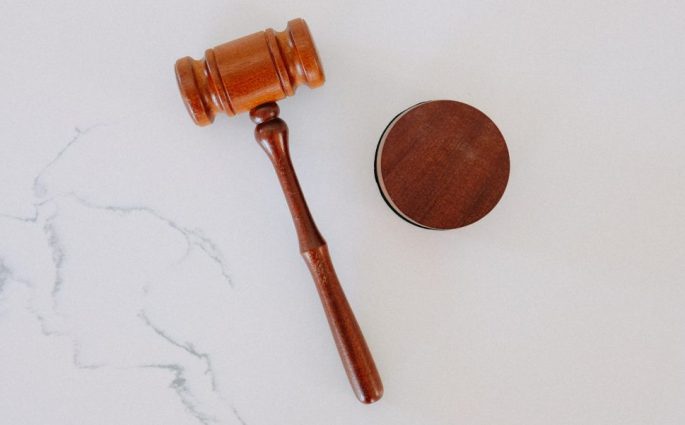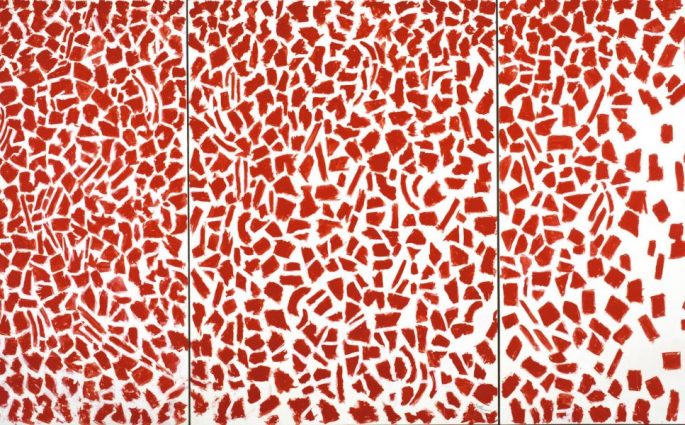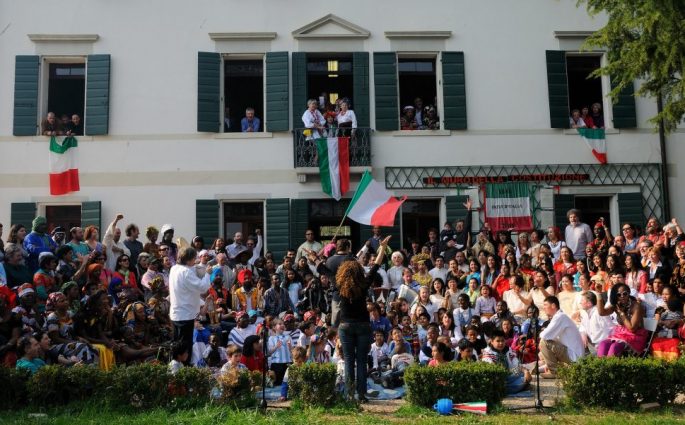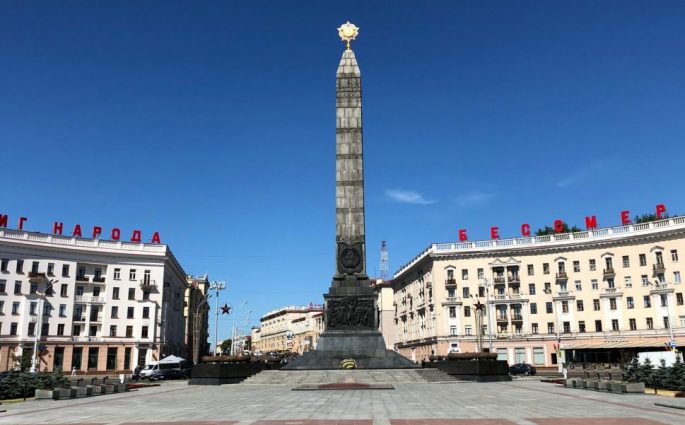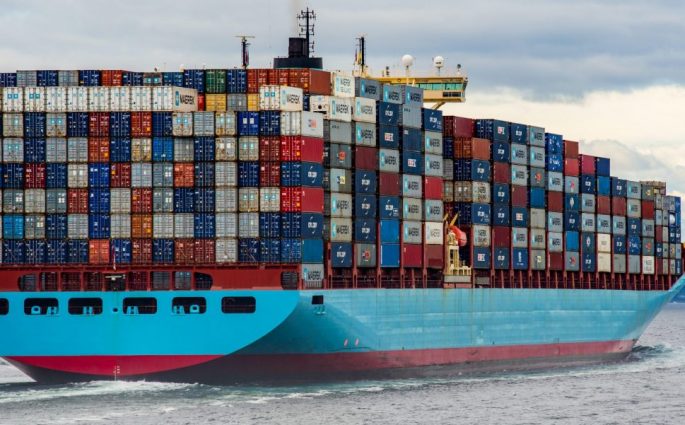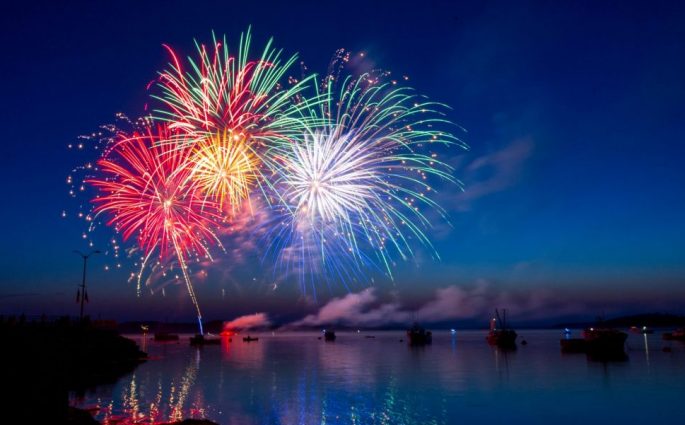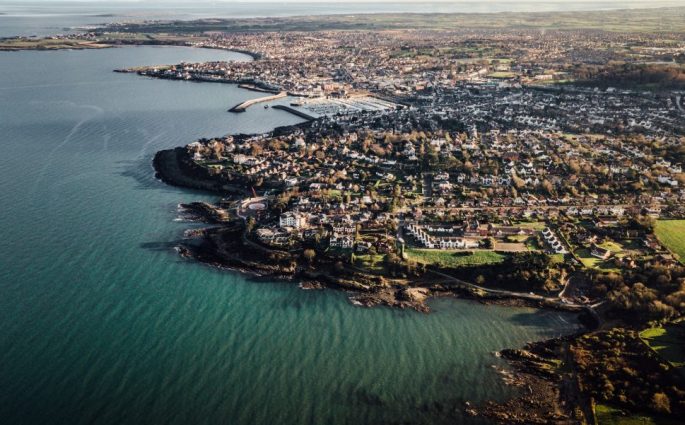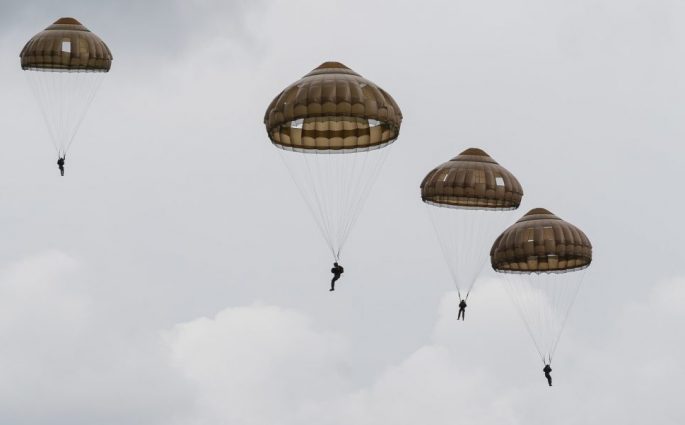Göring’s Man in Paris
Jonathan Petropoulos— At the start of my sabbatical in the summer of 2000, I was living in Munich, making it easier to contact Lohse. I had his telephone number and could ring him up somewhat freely. Not long after I had settled in, Lohse invited me to his home. He


